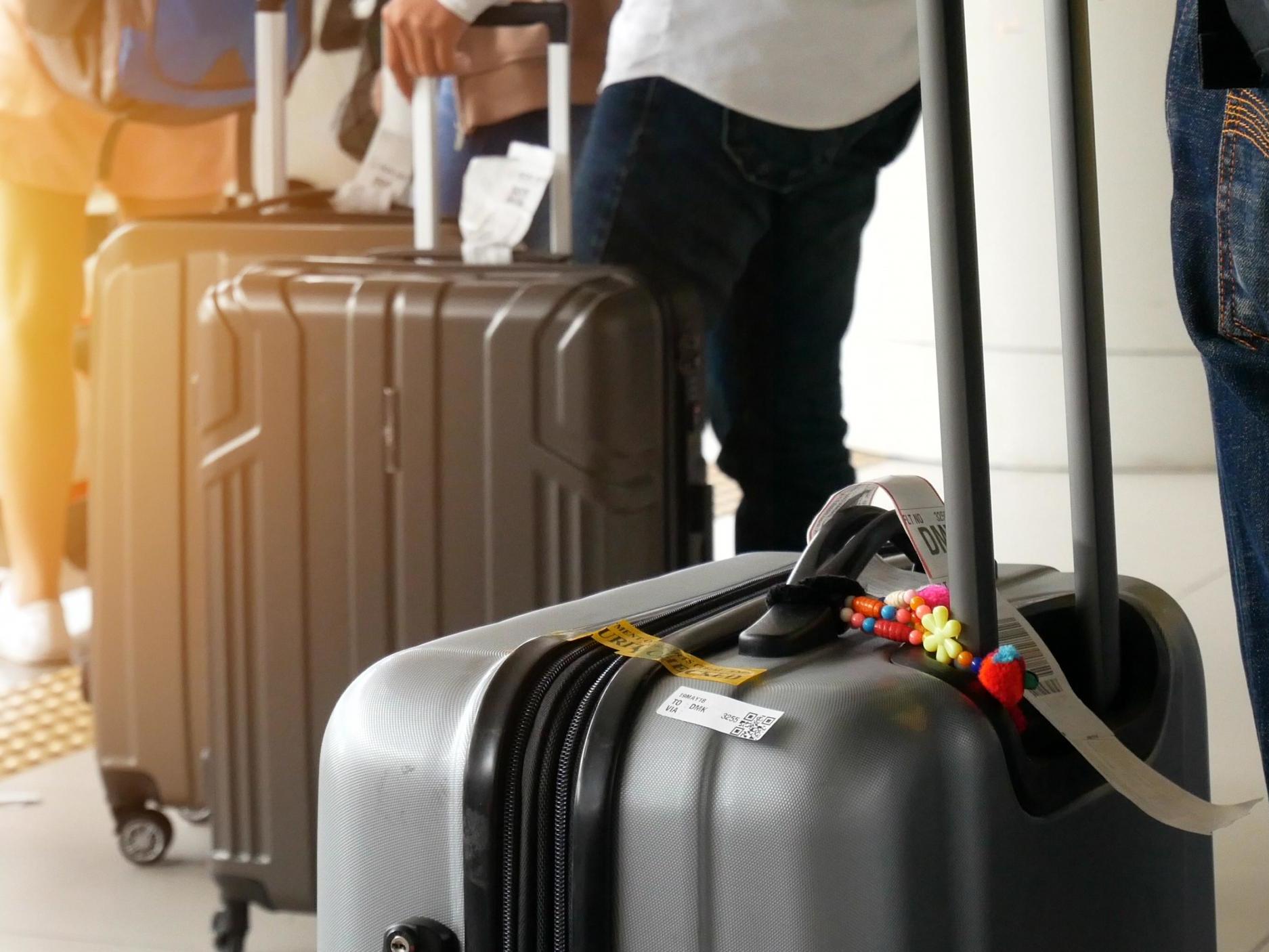Why the controversial practice of overselling flights makes the world a better place
Plane Talk: Selling more tickets than there are seats is fine, so long as the airline handles it right

Your support helps us to tell the story
From reproductive rights to climate change to Big Tech, The Independent is on the ground when the story is developing. Whether it's investigating the financials of Elon Musk's pro-Trump PAC or producing our latest documentary, 'The A Word', which shines a light on the American women fighting for reproductive rights, we know how important it is to parse out the facts from the messaging.
At such a critical moment in US history, we need reporters on the ground. Your donation allows us to keep sending journalists to speak to both sides of the story.
The Independent is trusted by Americans across the entire political spectrum. And unlike many other quality news outlets, we choose not to lock Americans out of our reporting and analysis with paywalls. We believe quality journalism should be available to everyone, paid for by those who can afford it.
Your support makes all the difference.“When handled properly, selling more tickets for a flight than there are seats on the plane is rational,” I tweeted earlier this week. “And it is beneficial for passengers and the planet.”
The travel blogger Bemused Backpacker responded within minutes: “When handled properly? Are you joking? Overbooking is a despicable and unethical practice that in no way benefits the passengers. I’m sure however that the airlines profit greatly from it.”
The exchange stemmed from an easyJet flight from Mallorca to Merseyside last Monday, when ground staff in Palma had certainly not handled an oversold flight properly.
In the event that everyone had turned up for the flight to Liverpool, one passenger had been earmarked for offloading: three-year-old Chloe Meacock. The error was addressed by placing Chloe’s father, Chris, on standby instead. Because at least one passenger was a “no-show”, the whole family, eventually, travelled together.
A few minutes after the first response to my article, Tetburyboy added on Twitter: “It is neither beneficial to customers nor rational for budget airlines to take money online from passengers only for them to find on arrival that the flight has been overbooked. This is malpractice and greedy. A dodgy practice from the legacy airlines. Stop it.”
In the possibly vain hope that I can convince them, and possibly you, otherwise, I refer back to my proviso: “When handled properly.”
Since I have the luxury of rather more than the 280 characters permitted on Twitter, allow me to explain what I mean by “properly”.
An airline may cheerfully sell as many extra tickets as it wishes so long as it follows the instructions for dealing with any excess. For example, easyJet knows from historical evidence that an average of around 5 per cent of passengers won’t turn up.
If the airline bets on no-shows but all the passengers turn up, fondly imagining they have a confirmed seat, then the carrier must try to entice some of them not to travel.
The EU’s so-called “denied boarding regulation” says: “When an operating air carrier reasonably expects to deny boarding on a flight, it shall first call for volunteers to surrender their reservations in exchange for benefits under conditions to be agreed between the passenger concerned and the operating air carrier.”
Unfortunately the European legislation does not specify what those “benefits” should be. An airline could comply by offering a paltry £1, then briskly move on to stage two: “If an insufficient number of volunteers comes forward to allow the remaining passengers with reservations to board the flight, the operating air carrier may then deny boarding to passengers against their will.”
In my book, any airline that offloads travellers involuntarily has failed. Any carrier that plays the high-stakes game of overbooking need to be generous. If they are, everyone should emerge from an overbooking event with a smile.
On any flight, there will always be a price at which enough volunteers are found. These passengers will, by definition, be happy as they walk away to await another flight (possibly with dinner, a hotel and breakfast thrown in, before a departure the following morning).
Equally cheerful: everyone who is keen to travel and is kept safe from being offloaded against their will – including the person who desperately needs to travel and was able, thanks to overbooking, to buy the 201st ticket for a 200-seat plane.
The airline’s accountants may grin through gritted teeth at handing over many hundreds or thousands of pounds as inducements. But they will have the last laugh, because for every overbooked flight where too many people show up at the departure gate, there are probably 10 where the airline guesses right and quietly pockets extra cash. That 201st ticket is likely to have sold for a small fortune.
Finally, everyone who cares about the planet should be glad that the per-passenger damage caused by flying is minimised when planes are full.
Suppose overbooking were outlawed: on high-frequency routes it could mean that airlines operate additional flights to soak up the unsatisfied demand that is currently met through overbooking.
So I don’t agree that: “Overbooking is a despicable and unethical practice that in no way benefits the passengers.”
But another tweeter, Tom Burton, evidently doesn’t agree with me, writing simply: “What b*****ks.”
Join our commenting forum
Join thought-provoking conversations, follow other Independent readers and see their replies
Comments